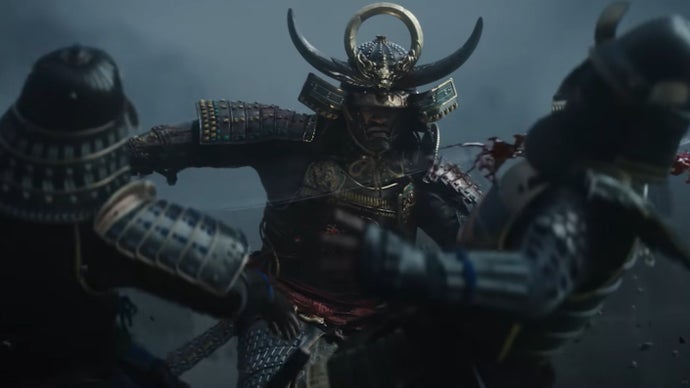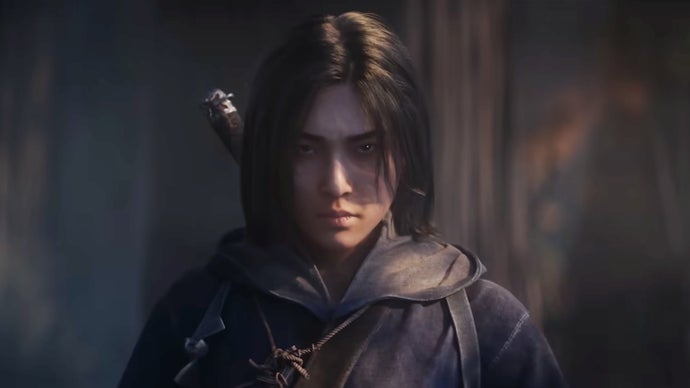Ubisoft is set to release the latest entry in its long running Assassin’s Creed series in a few months, and ahead of this has suggested future games will see a longer development time.
When Assassin’s Creed Shadows launches this November, it will have been in development for four years. This will mark the longest development period for the series to date, coming in at a year longer than that of previous series tentpole Assassin’s Creed Valhalla (which released in 2020).
However, according to Shadows’ lead producer Karl Onnée, four years is “the right balance to go from conception to production and get the feedback necessary to adapt” an Assassin’s Creed game.
“It’s great to work on a game that comes after something with the pedigree of Valhalla… but obviously there are great expectations,” Onnée told Eurogamer’s sister site GamesIndustry.biz. “We always want to go better, which is what we’re trying to do with Shadows.
“We are pushing the limits of what we can do.”
This desire to keep making the series better than any given predecessor and the various iterations a game goes through is something the Assassin’s Creed developer said can’t be hurried. While Onnée appreciated there is – of course – a balance that needs to be struck between time and overall costs, he said the more time developers have, the “more you can iterate” on the end product. This is regardless of if the team is big or small.
“Yes, you can put more people on a project and do it in a shorter time, but that doesn’t give you more time to iterate, because it takes time to get the feedback from your players, your team… and then see what works and what doesn’t and how to improve it,” he said.

As for Shadows’ setting of feudal Japan, Onnée said it was “something [Ubisoft has] always wanted to do”, but it was about finding the right time to do it.
“I’m sure the other teams would have liked to do it, too. We had the opportunity because we had done Assassin’s Creed Odyssey [set in Greece], so we had the experience,” the developer explained. “But it also felt like the right moment, because we have the power in terms of the hardware, but also our new version of the engine, so we could really deliver our vision.”
The Shadows team now hopes its setting will allow the game to reach a wider audience. “Since we are making a game in Japan, we do hope to appeal to more Japanese players. So, it is very important that we try to be as authentic as possible,” Onnée said. “We come from a humble position of we don’t know anything and we need to learn everything from scratch. We are making sure we respect things, because that is something very important to Japanese people, as it is in many other countries.
“When you come in, you don’t want to come in as if you know everything. We want to build something that when they see and play it, they will recognise their own country.”

Onnée’s comments come following discourse surrounding Shadow’s co-lead Yasuke, an African samurai. When Ubisoft unveiled Assassin’s Creed Shadows in May, there was backlash directed at the inclusion of this historical character.
In July, the Shadows development team apologised for elements in the game’s marketing campaign that jarred with some Japanese fans – and said the game will “keep evolving” as it heads towards launch in November. It specifically mentioned Yasuke in its post.
Prior to this apology, Ubisoft boss Yves Guillemot spoke out to condemn “malicious and personal online attacks” directed at Assassin’s Creed Shadows’ development team following its May reveal.
Assassin’s Creed boss Marc-Alexis Coté also addressed the matter, and discussed how he reacted to a post from billionaire X and Tesla owner Elon Musk criticising diversity in game design.
